The answer to Malaysia’s pothole problem is… your plastic bottles?
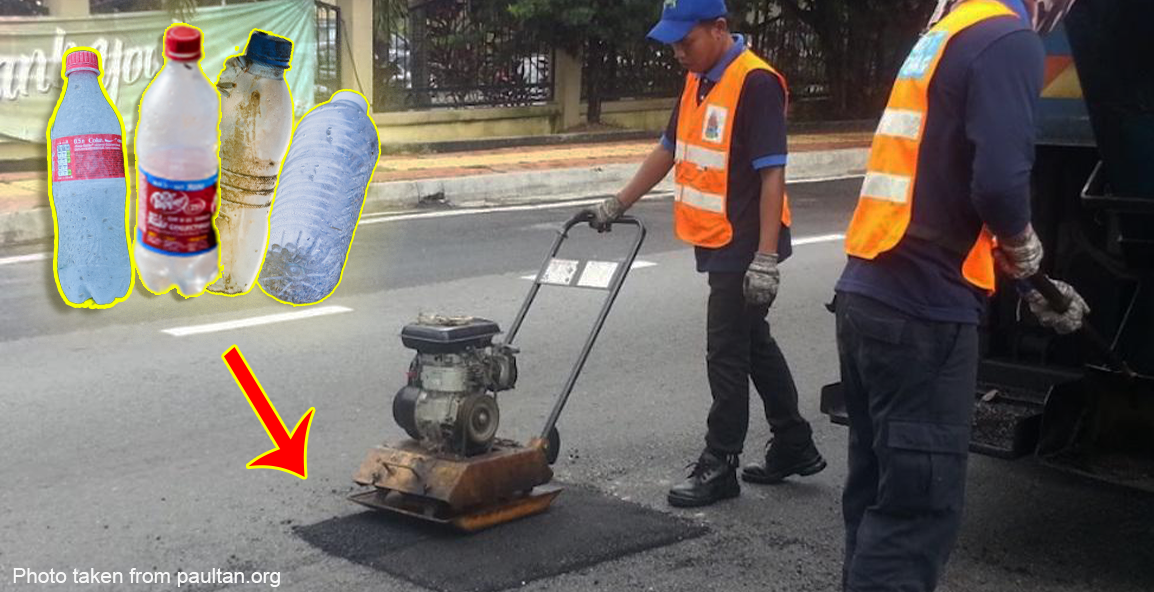
- 451Shares
- Facebook402
- Twitter9
- LinkedIn11
- Email8
- WhatsApp21
Whether you are a driver or a motorcyclist or a passenger, we all know that annoying feeling when you accidentally run into a lubang on the road and feel a mini earthquake (worse if you’re drinking when that happens).

Potholes begin to form when the asphalt surface cracks and water flows into the cracks on the asphalt road, weakening the supporting structure. When too many cars and lorries run over that weakened part, it will collapse eventually and form a hole.
But while you might think potholes are just small annoyances that cause your phone to jump off the holder, it’s actually more serious than that:
- 52,295 potholes were reported on Waze between 2019 and 2020 alone!!
- 840 people died between 2000 and 2011 due to potholes.
Potholes have become enough of a concern that some municipal bodies like DBKL started a pothole complaints channel on WhatsApp, where potholes that are less than one square meter will be fixed within 24 hours. But this leads to a different problem – fixing potholes are costly and, if you drive on the same road often enough, you’ll know that they come back.
But there are actually more efficient ways to fix the pothole problem, with the nice side effect of being environmentally friendly…
Other countries are making roads with plastic waste
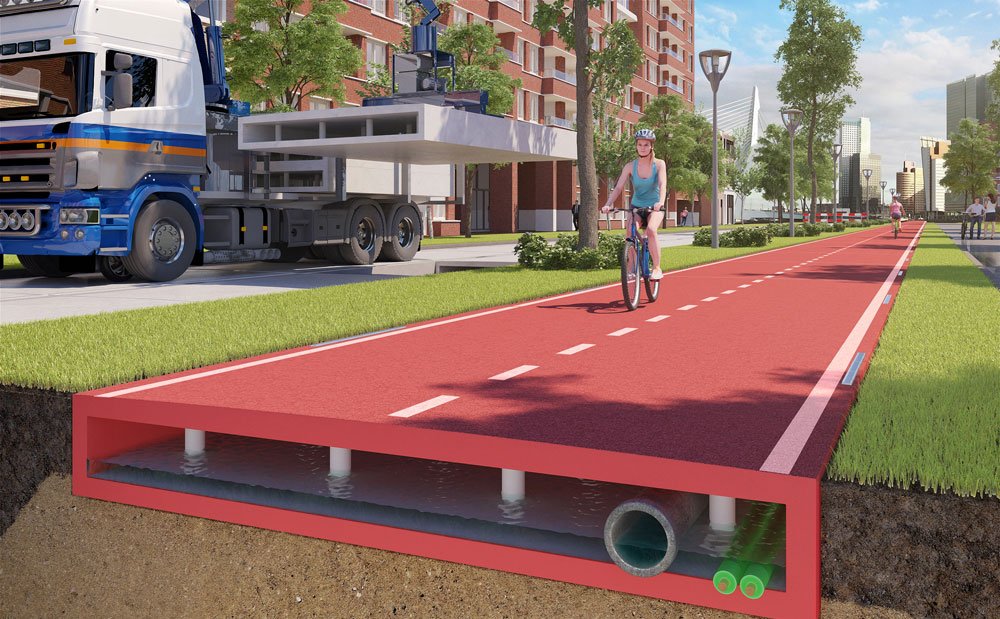
Our roads actually consist of three layers, but we’ll focus on the top layer – called the surface course – which is made of asphalt. Asphalt is made of crushed rocks and bitumen, which is a type of sticky, black liquid that is a form of unrefined petroleum; and is a great source of air and water pollution.
The good people at Kelab Gemilang Malaysia highlighted a few ways asphalt can be replaced with plastic waste:
The Brits have been collecting plastic wastes like bottles and plastic bags to be used as an alternative to bitumen. A company called Macrebur successfully produced a bitumen-alternative called MR6 which is made of 100% recycled plastic. The company claimed this alternative is 10 times better and 60% stronger than asphalt.
Similarly, in the Netherlands, a company called PlasticRoad is turning household plastic waste into strong multi-functional plastic blocks which can act as a road surface and water storage space, while also allowing cable and sensors to run through. The blocks are low maintenance and can also last up to 50 years.
In India, there is over 33,700 km of roads made of plastic. Plastic waste, especially single-use plastic, is shredded to make a cheap plastic polymer-based glue that holds the tar road together. What makes this even more impressive is that even after enduring monsoons and a heavy stream of vehicles, the roads remained in perfect condition—no craters and no potholes!
“By [using plastic waste coated aggregate (PCA) and bitumen mix] a road of 1km length and 3.71m width of single lane can consume 10,00,000 carry bags and the road is strengthened by 100% and there is no pothole formation.”
—Reseach paper by the Chinese Society of Pavement Engineering
No potholes, no problem. Learn more about India's plastic roads: https://t.co/9caLf21P6Y #india #environment pic.twitter.com/Dcak3ki5Ej
— World Economic Forum (@wef) December 7, 2018
There are non-plastic alternatives too
Researchers from Aston University’s European Bioenergy Research Institute (EBRI) and the Aston Institute of Materials Research (AIMR) have figured out how to make bio-bitumen (also known as pyrolysis oil) using household waste, like your sisa-sisa makanan, papers, and textiles! Organic waste is heated in a reactor to around 500°C in the absence of oxygen to form a black substance that can replace bitumen.
According to one of the researchers, this is a much better alternative to plastic roads as “the ‘plastic roads’ only use a relatively small amount of plastic, and still rely heavily on traditional asphalt”
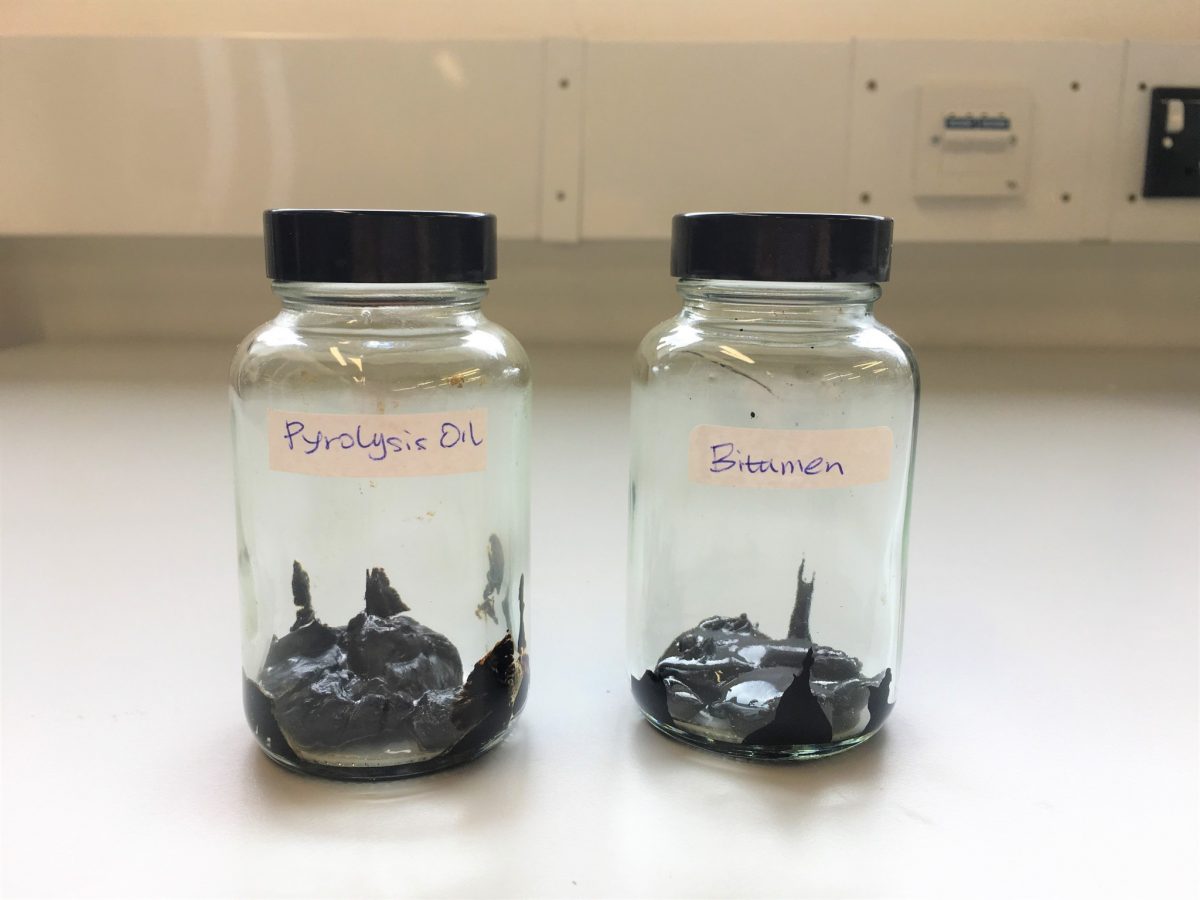
Apparently, plants can also be an alternative to bitumen. A company called Stora Enso has created a type of bio-asphalt known as Lineo which is made of lignin. Lignin is the component that gives a plant its shape and structure which can be found on cell walls. Lineo has been used by Dutch construction firm H4A (Holding de Vier Ambachten) in Central Europe and it was shown that it can even tahan getting run over by heavy vehicles.
While not exactly using any sampah, we can still benefit from learning how the Japanese pave their roads. The reason why Japan’s roads are so durable is because of the standards imposed on road construction. When they fix potholes, they don’t just cincai fill up the hole and call it a day. Instead, they will dig up the existing layers of asphalt road and lay a new layer of asphalt and compress it with a roller to ensure it’s even. This process is repeated until the newly-paved asphalt road is at the same height as the existing road.
Because the roads are even, the chances of cracks forming are lowered, which also means that potholes rarely form.
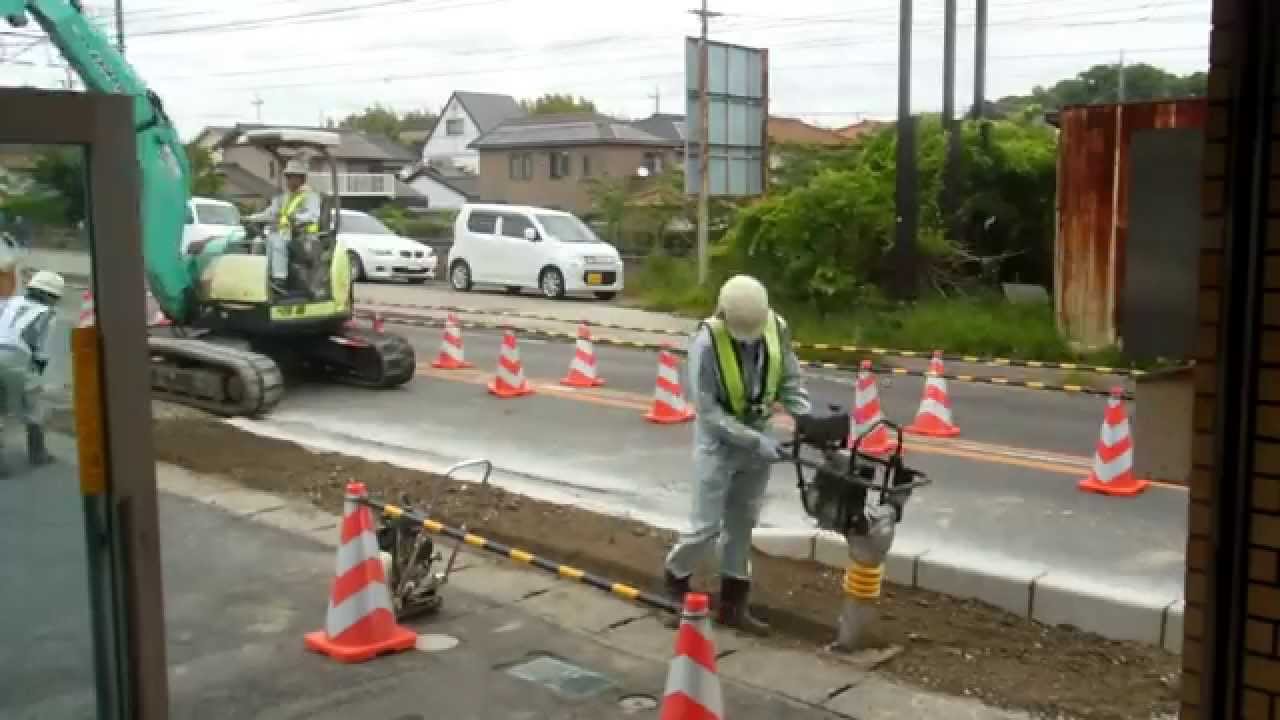
Good news, Malaysia has the plastic and sampah to go green
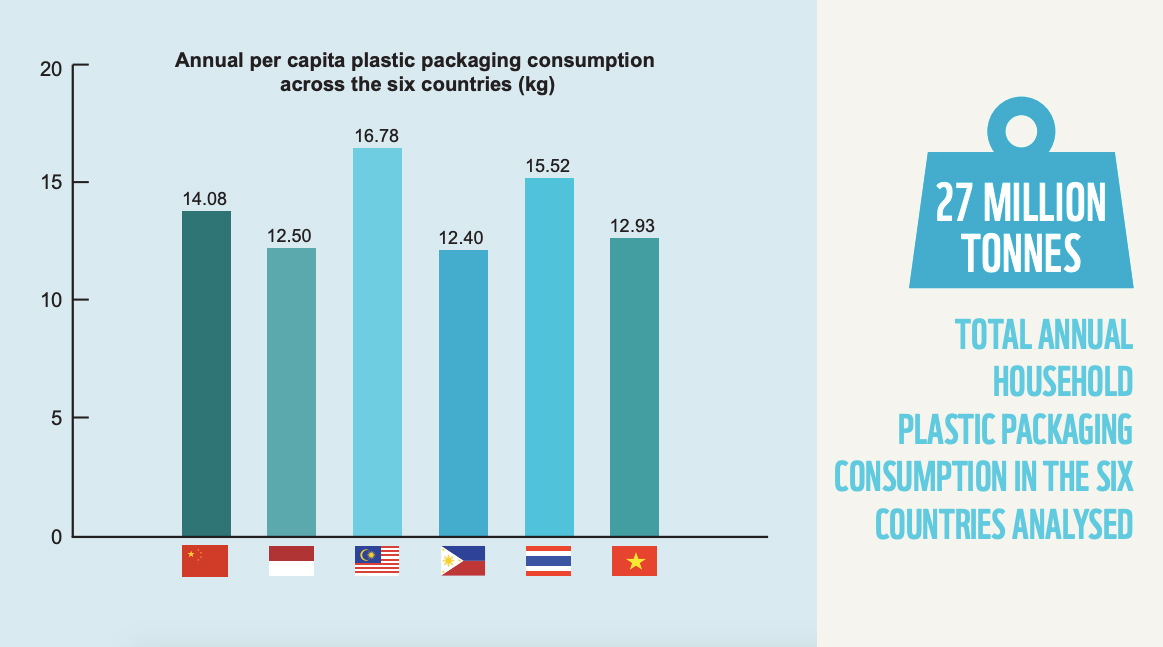
According to WWF, Malaysia’s plastic consumption is the highest in 2019 at 16.78kg per person compared to other countries like Thailand, Vietnam, Indonesia, Philipino, and China. However, only 15% is safely disposed of. According to the Ministry of Energy, Science, Technology, Environment, and Climate Change (MESTECC), we produced an estimated 0.94 million tons of mismanaged plastic wastes; and around 0.14 to 0.37 million tons of these end up in the oceans.
But here’s what makes it worse – we are one of the biggest tong sampah for plastic waste from western countries. In case you don’t know, plastic waste export is a practice where developed countries pay other countries to dump their plastic waste. More often than not, these countries are poorer Asian countries.
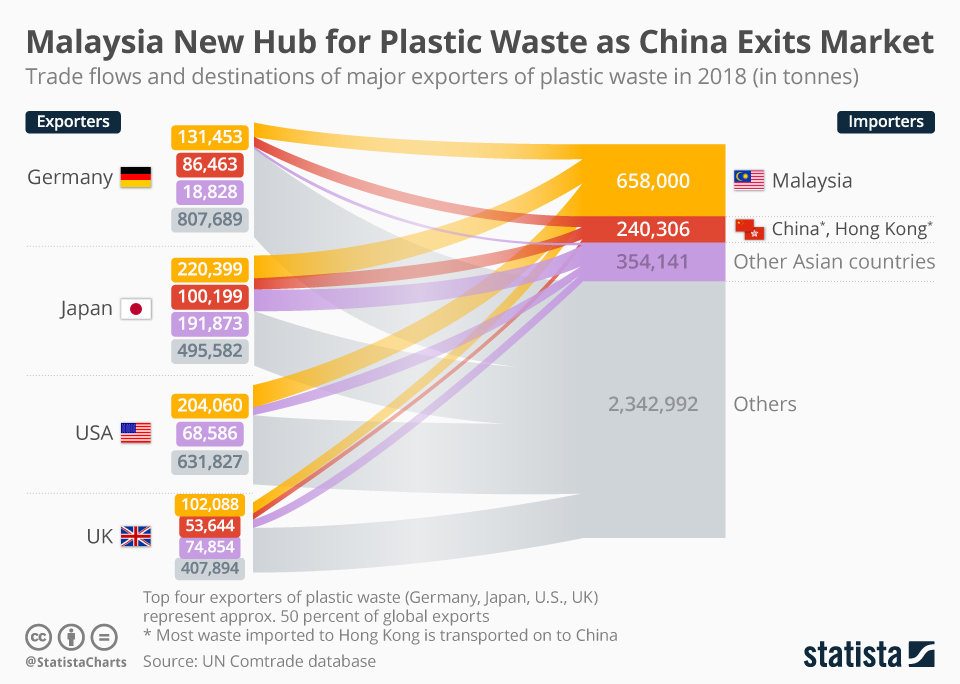
This insane amount of plastic wastes means that we have a ready supply of raw material for a green alternative to the asphalt road. Unfortunately, there doesn’t seem to be any plans, even in Malaysia’s Roadmap Towards Zero Single-Use Plastics 2018-2030 (which is funny because it’s a road….map…), for Malaysia to move towards using plastic in road construction or pothole-fixing. But we can hope…right?
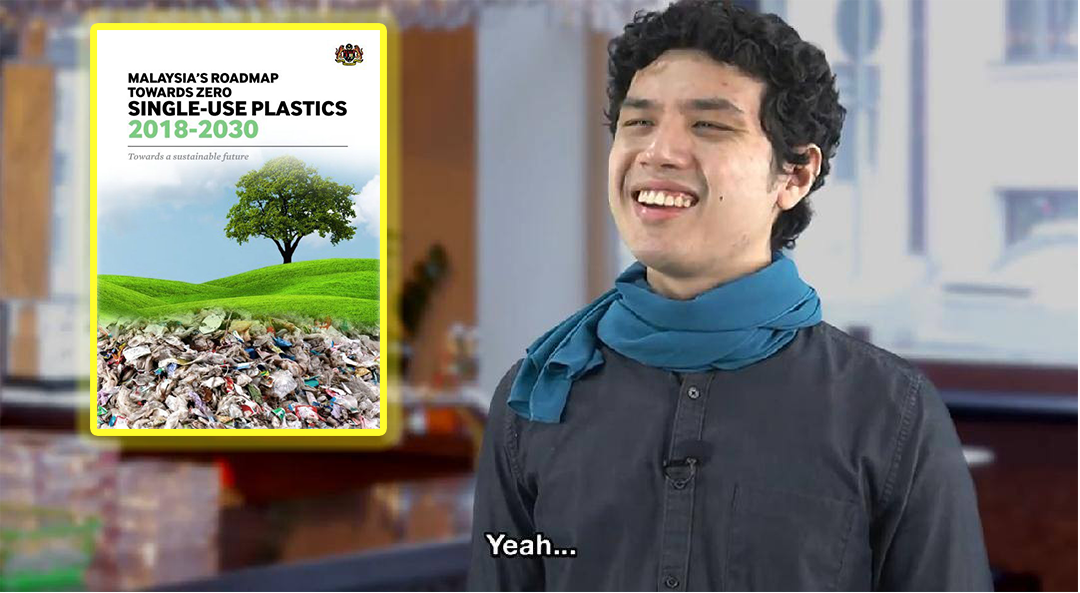
- 451Shares
- Facebook402
- Twitter9
- LinkedIn11
- Email8
- WhatsApp21

